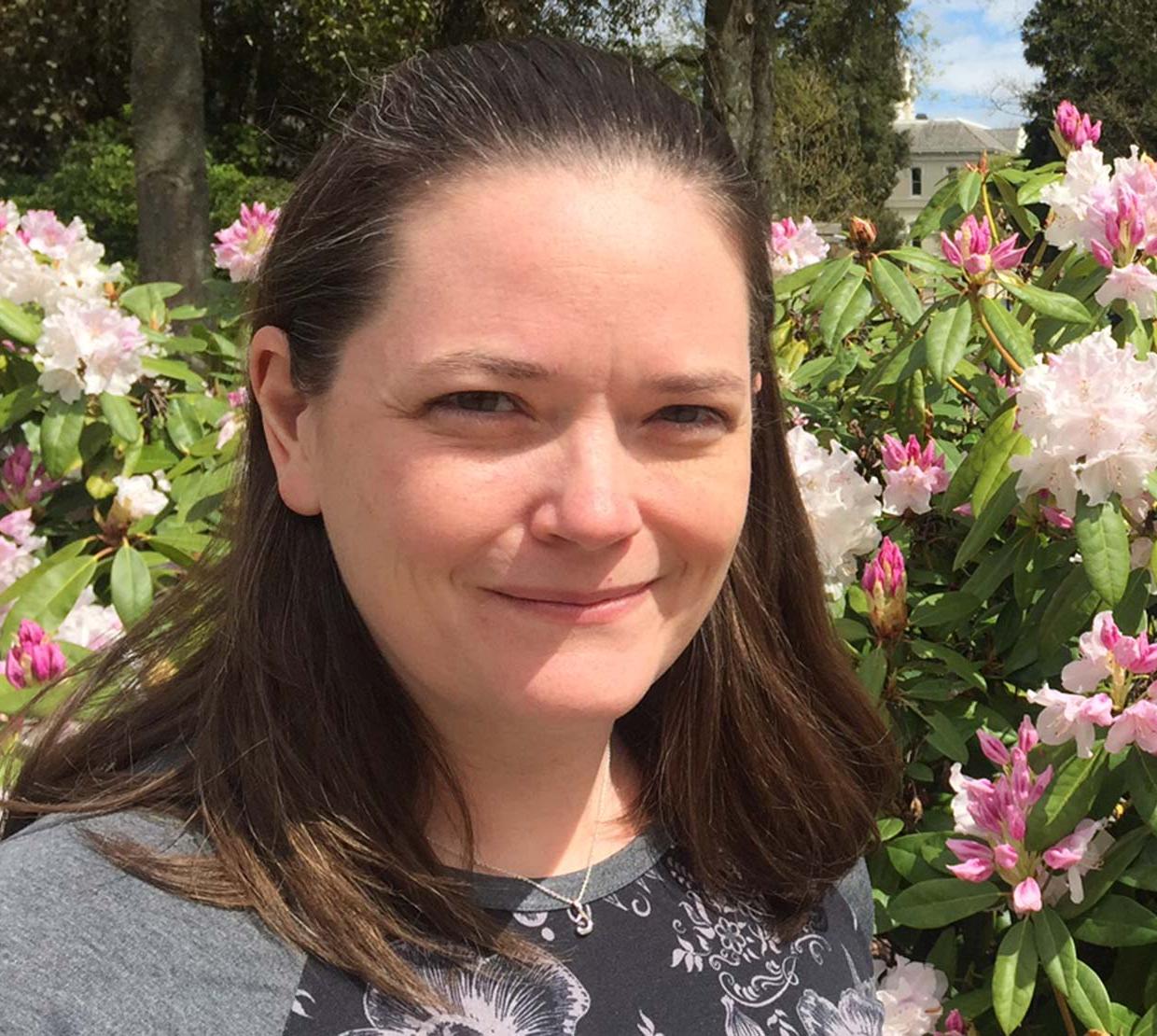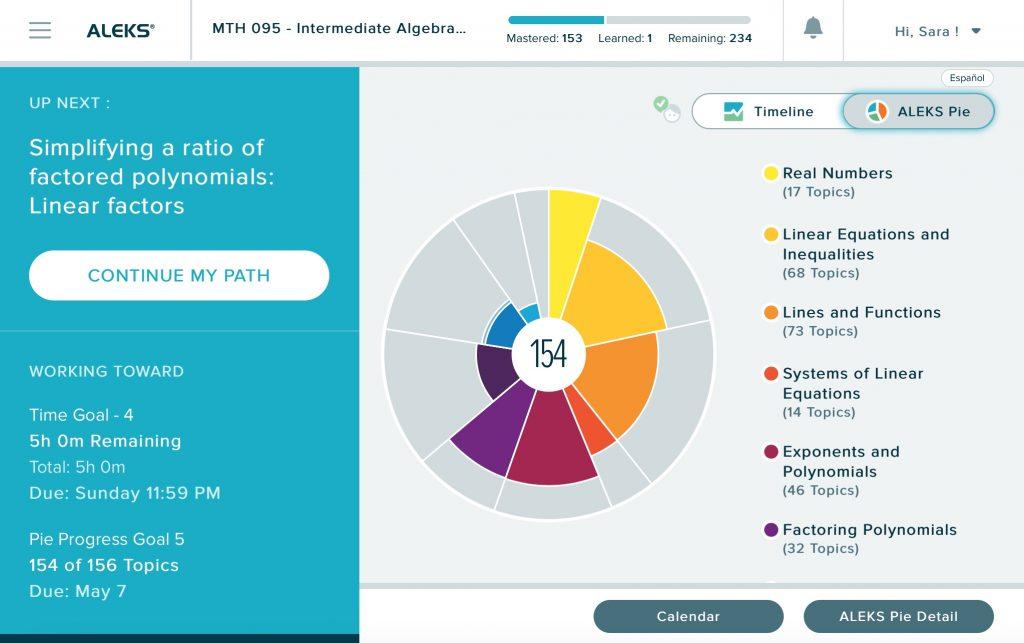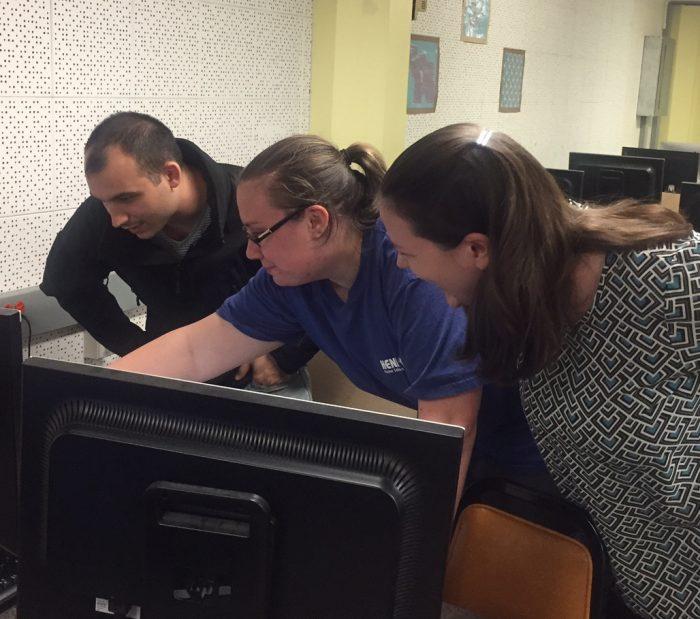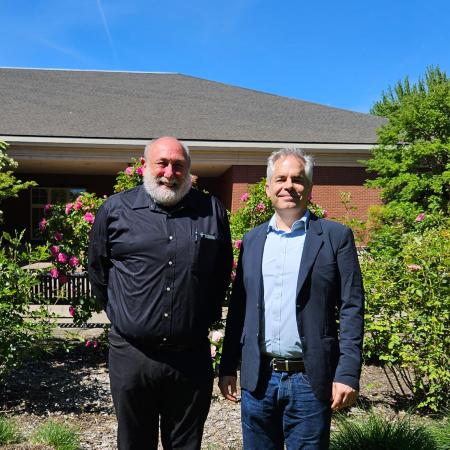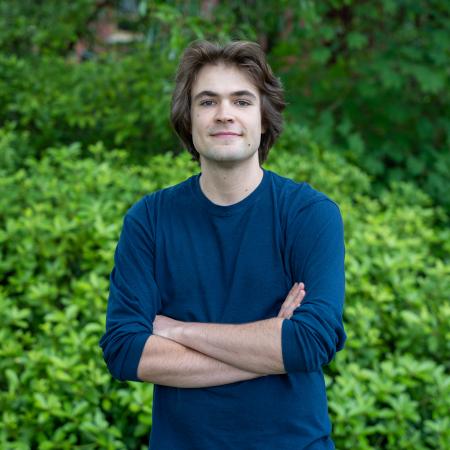Mathematics instructor Sara Clark has dramatically improved student success in developmental math by replacing the traditional classroom model with an online adaptive learning program. In recognition of her work, she was granted a Digital Learning Innovation Award last fall from the Online Learning Consortium, the leading professional organization devoted to advancing quality in online learning, funded by the Bill and Melinda Gates Foundation.
Developmental math students needed help
Clark was highly motivated to overhaul the two developmental math classes offered at Oregon State, Math 065 and 095 that cover elementary and intermediate algebra, because the failure and withdrawal rates were high: 40-45%. It was critical to improve this rate because the success or failure of students taking these courses has a very strong influence on subsequent student retention. And since these courses are pre-requisites to college-level math but offer no credits towards graduation, students caught in an expensive and disheartening “fail and repeat” cycle often abandon their dream of a college degree altogether.
Improving Math 095 and 065 would also foster greater student equity and diversity, both strategic goals of the University. Clark found that many of the students taking developmental math courses tended to be underrepresented or first-generation students, many of whom were never advised to take math all four years of high school. As a result, many arrive at college ill-prepared, not having studied math since their sophomore year of high school and suffering from a lack of confidence.
Despite these challenges, Clark knew that the high failure rate wasn’t simply because students weren’t capable of doing college-level math. The current system was working against them in several ways, she explains. First and foremost, students had vastly different skill levels entering the class. The traditional lecture-style course progressed too quickly for many students, but too slowly for others. There was no simple “teaching to the middle.” Students would stop coming to class and drop off not only because it was too hard but, for some, because they were bored, especially if they were repeating the class.
Clark knew that a more individualized, self-paced course of study would be ideal for these students. But how?
A solution close at hand
Fortunately, Clark was able to act quickly as she already knew of a possible solution. In 2014, Oregon State adopted Assessment and Learning in Knowledge Spaces (ALEKS) as the math placement test for new students. The advantage of ALEKS is that it is much more than just an online test—it includes modules for customized and adaptive learning based on your results. This offered a tremendous advantage to students who didn’t test into a college-level course: gaining six months of free access to ALEKS to review the material and re-take the exam. For some students, especially those who were close to mastering the material and only needed a review, this saved them much time and expense if they placed into a college-level course after taking it a second time, skipping the need for developmental math.
Clark’s colleague and fellow instructor Lyn Riverstone was so impressed with ALEKS that in 2014, she did a small pilot program. Riverstone used it in a pre-calculus course designed specifically for international students who were part of the INTO program at OSU, many of whom were not 100% proficient in the English language. ALEKS allowed these students to proceed at their own pace, rather than forcing everyone on the same schedule. Based on the success of the pilot, Riverstone suggested Clark consider using ALEKS as a useful tool in developmental math.
Clark quickly saw that ALEKS might be useful in developmental math courses, which also included students with varying levels of skills and abilities. ALEKS would allow students to work through the courses at their own pace, focusing their efforts exclusively on the material they needed to work on rather than wasting their time on subjects they had already mastered.
A customized, digital-learning workshop
In the fall of 2015, Clark transformed Math 095 and 065 courses by implementing ALEKS, a radical shift from the traditional lecture format. Instead of listening to a lecture and taking notes in a classroom, students meet for three hours each week in a computer lab to work independently on their individualized course work or “path” on ALEKS. Clark moves among them, interacting with students and coaching or facilitating as needed as well as providing supplemental material via class-wide assignments, quizzes, and customized worksheets for each student. At any moment, students can get an immediate sense of their progress by looking at a colorful online pie chart of their progress in the course (see diagram). Colored areas represent mastery
At any time, students can immediately gauge their progress by reviewing a colorful online pie chart of their progress in the course (see diagram below). Colored areas represent mastery and gray areas represent areas that still need work.
